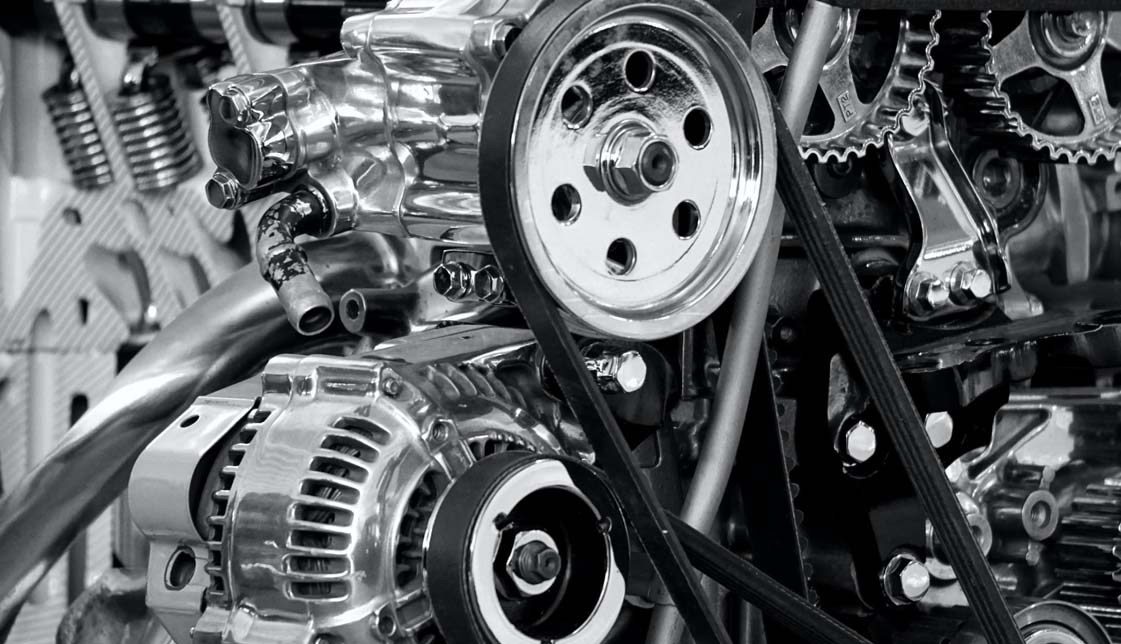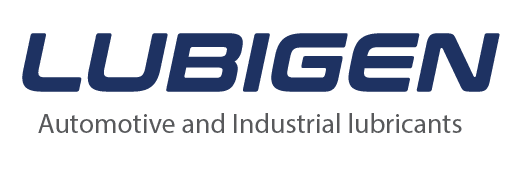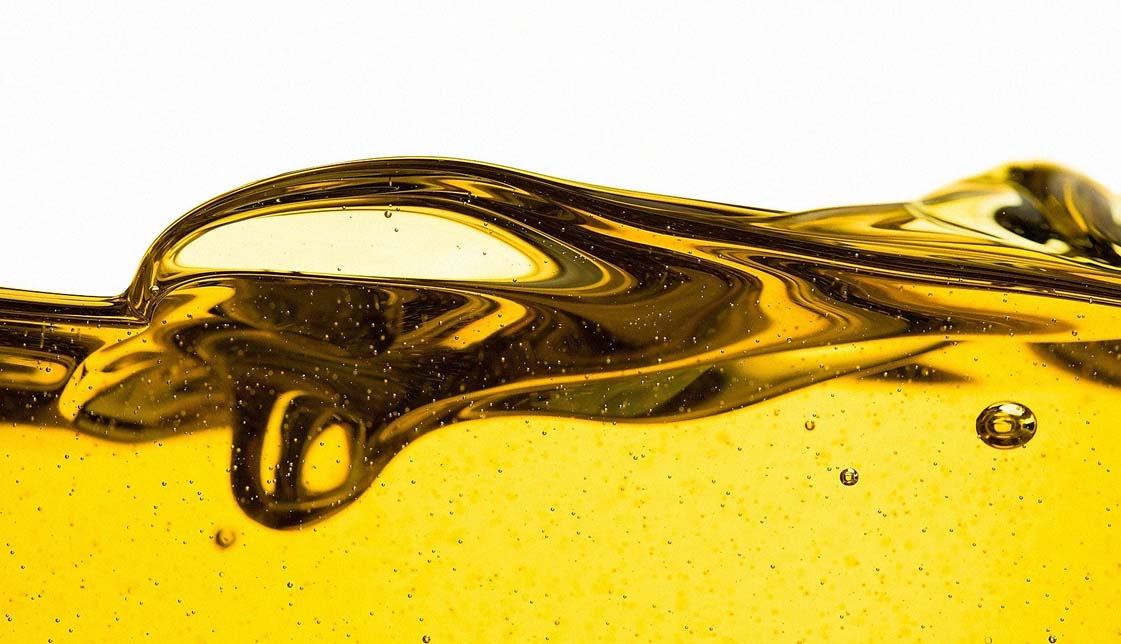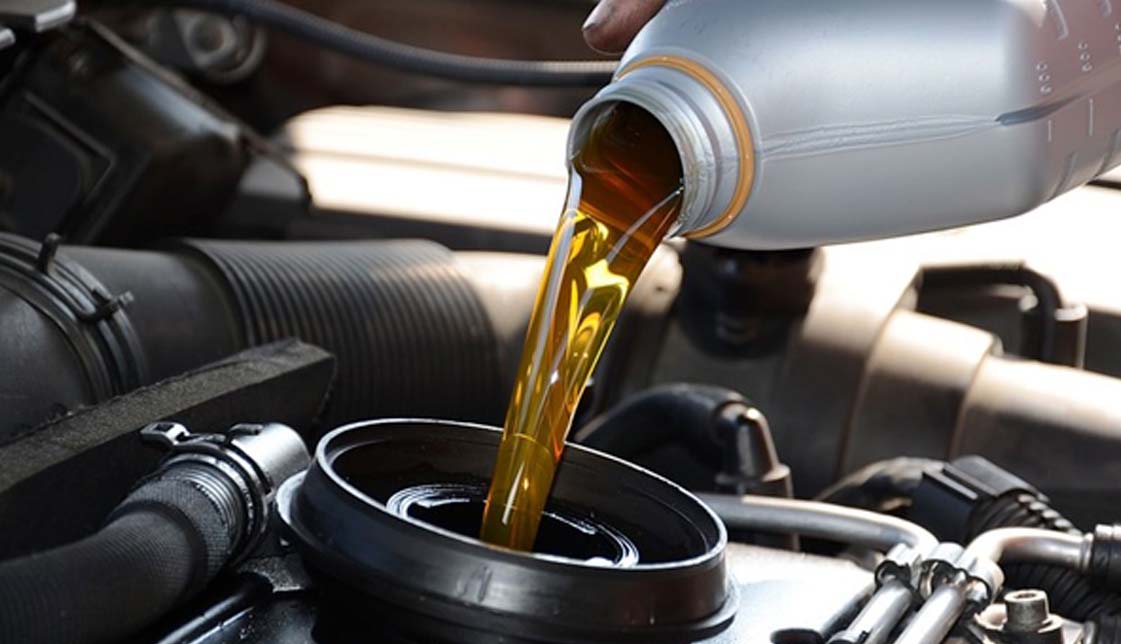

A Fundamental Guide To Choosing The Right Automotive Lubricants
With the automotive industry regaining its territories since the pandemic began, all part of manufacturing has been on an ‘alert mode’. From gathering the parts to designing the vehicle, there are countless tasks involved, each as challenging as the other. Likewise, lubrication of the engine is as vital as any other function during the manufacturing process.
Basically, lubricants consists of chemical solutions (typically petroleum-based) that are used to reduce friction between moving engine parts. And, basic knowledge in lubrication can prove to be of massive help in the long run. Choosing the right kind of lubricant is very crucial as it also determines the life of the engine parts. But before deciding, it is essential to know the variety of lubricants available in the market.
Different Types of Automotive Lubricants
- Engine and Gear Oil – Engine oil typically has a thin texture and a low viscosity. Lubrication is frequently done using either traditional or synthetic oil. This is the most prevalent type of automotive lubricant found in vehicles and is made up of base oils that have been upgraded with various additives, such as antiwear additives, detergents, dispersants, and viscosity index enhancers for multi-grade oils. Meanwhile, Internal combustion engines are lubricated with motor oil.
Gear oil is commonly used in vehicle transmissions, transfer cases, and differentials. The viscosity of gear oil is often high, and it contains extreme pressure additives. These oils cover moving gears and parts with an oil layer that protects them from friction, which would otherwise degrade their quality over time.
- Greases – Multifunctional greases are widely employed in all aspects of the automotive industry. Base oil, thickener, and other additives are commonly found in automotive greases. Grease serves a similar purpose to oil, but it has a much thicker and stickier texture. It’s good for gears, links, bearings, and chains as it reduces vibration and noise.
There are several types of greases:
- The most common type of automobile grease is chassis grease. It’s applied in the steering and suspension joints.
- Wheel Bearing Grease for High-Temperature Applications – This grease is designed for high-temperature applications and is used in the wheel bearings of automobiles with disc brakes.
- Electronic Grease: Also known as heat-sink grease, electronic grease is used on electrical connections where heat must not build up.
- Dry Lubricants – A dry lubricant is made up of small particles of silicon and graphite, plus a liquid (such as water or alcohol). The liquid, which comes in a spray bottle, evaporates after a while, leaving a thin coating of dry lubrication behind. This lubricant is labelled as “dry,” however it remains wet upon application. However, once the solvent has dried, the product leaves a thin layer of dry polytetrafluoroethylene (PTFE), which is the same material used to manufacture non-stick frying pans.
The fundamental benefit of dry PTFE is that it does not attract dust. Dry lubricants are a quick and easy way to grease the car’s moving parts.
- Hydraulic Oil and Fluid – Any system that requires force activation from one place to another is referred to as a hydraulic system, and hydraulic fluids are the channel through which power is transmitted in hydraulic machinery. In hydraulic machinery, hydraulic oil is used to transmit the hydrostatic power. Hydraulic oils are typically prepared from basic oils and a combination of additives to counteract wear and corrosion.
Hydraulic fluids, though not lubricants by nature, provide a buffer that extends the life of the hydraulic pump system in which they are employed. These parts would be in direct touch if there was no hydraulic fluid to buffer them and transfer energy. This could result in damage.
How To Choose The Right Automotive Lubricant?
Since there is an ample number of lubricants and oils available in the market, your decision should be precise. Know the application and the requirements before you decide. The best course of action is to study the vehicle owner’s manual.
API, ACEA, JASO, or ILSAC certification are a few of the worldwide requirements that must be met by the lubricant standards. You should do a thorough check with the labels to see if it satisfies your requirements and necessities.
Besides, measure the viscosity when selecting the lubricant. Make sure the vehicle’s criteria for strength is met. It’s the lubricant’s most crucial physical attribute. Also, it’s important to remember that thick oil makes it difficult for the engine oil to start at the cold temperatures. Keep a check on the viscosity as well. If you use a lubricant with low viscosity, internal engine wear is bound to happen.
As mentioned earlier, every engine works on a particular type of fluid. Heavy engines, high-tech engines, regular engines, etc. have a separate variety of oils. There’s premium conventional oil, full synthetic oil and synthetical blend available in the market, so think through and evaluate it completely before the choice is made.
Make a Wise Decision
Engine lubrication and maintenance can go a long way towards ensuring a smooth, damage-free ride for your vehicle. It has the potential to increase the life of your car engine and significantly minimize future major maintenance expenditures.
As automotives and engines are very technical areas, it is safe to say it’s not everyone’s cup of tea. But, that is why there are several companies like Lubigen to help you make the best decision. This way, you don’t have to worry or spend time over any part-related issues. It is always advisable to take help from professionals as they will recommend whatever is best for you, from usage to maintenance and that ensures a proper car care routine.




